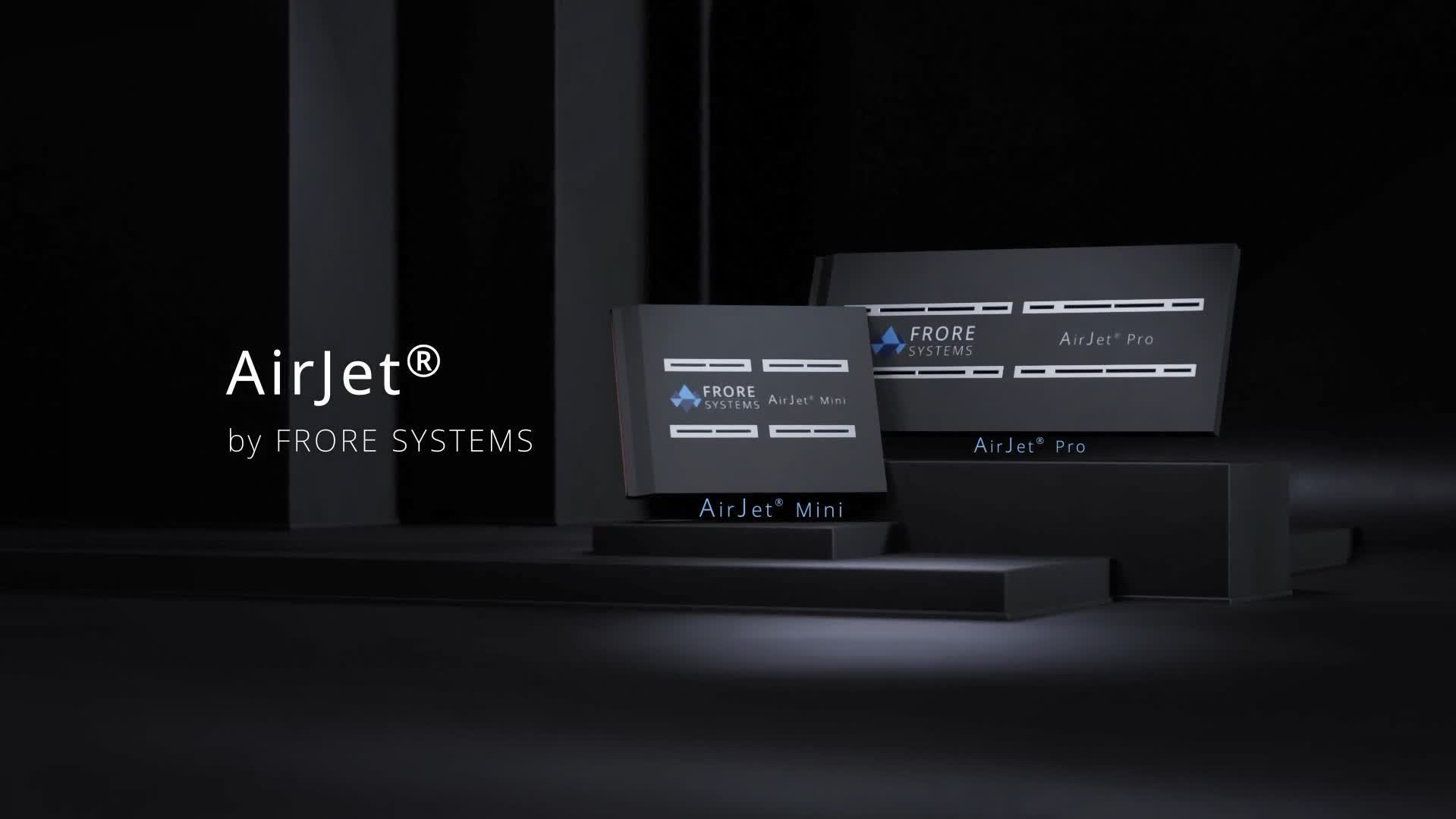Something to look forward to: Heat is one of the biggest obstacles affecting processor performance, and dispersing it becomes harder on smaller devices. A San Jose company headed by tech industry veterans claims its upcoming product line can innovate mobile cooling and unlock significantly more performance in laptops and other small computing devices.
Frore announced that laptops featuring its AirJet active cooling chips would hit shelves early next year. The tech aims to replace conventional notebook fans. The company claims AirJet can double CPU performance in some configurations.
AirJet is a solid-state thermal solution that uses vibrating membranes to suck air into the top of the chip, push it into a copper heat spreader, and then force it out through the side. The system performs this task with around 1750 Pascals of back pressure, far more than typical laptop fans.
Using AirJet requires a laptop's chassis and PCB to be designed around it, so it will only appear in new models. The advantage is that it doesn't require underside intake vents - only rear vents. The high pressure also allows AirJet to work through dust-proof materials.
Frore will debut AirJet in two sizes --- the AirJet Mini and AirJet Pro. The Mini can remove 5.25 watts of heat but needs only 1 watt of power and generates only 21 decibels (dBA) of noise. The company claims this more efficient heat dispersion can give CPUs enough additional thermal headroom to double performance in 13-inch notebooks and 10-inch tablets. Meanwhile, the Pro eliminates 10.5 watts of heat with 1.75 watts of power at 24 dBA, potentially improving performance in 15-inch laptops by 50 percent.
Frore didn't say anything about cooling GPUs --a significant source of heat in laptops --but one of its proof-of-concept papers mentions handheld gaming and shows a render resembling a Steam Deck. Valve advises against opening up its handheld PC but doesn't stop users from modding it, and Frore's diagrams depict where an AirJet Pro would theoretically fit. The AirJet chip would maintain the device's prior wattage but keep it cooler and quieter. Some more adventurous Steam Deck owners might be interested in shutting up its notoriously loud fan through customization.
Take Frore's numbers with a grain of salt until AirJet launches next year, and we can see real-world performance benchmarks. However, the company already has Qualcomm, GiS, and Intel backing. Intel plans to feature AirJet in future Evo reference laptops.
